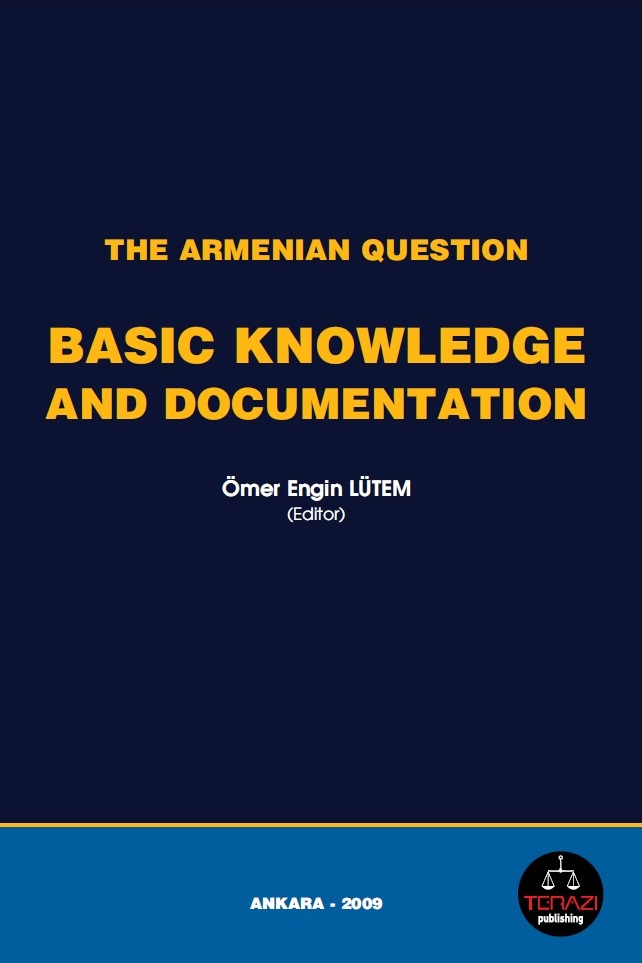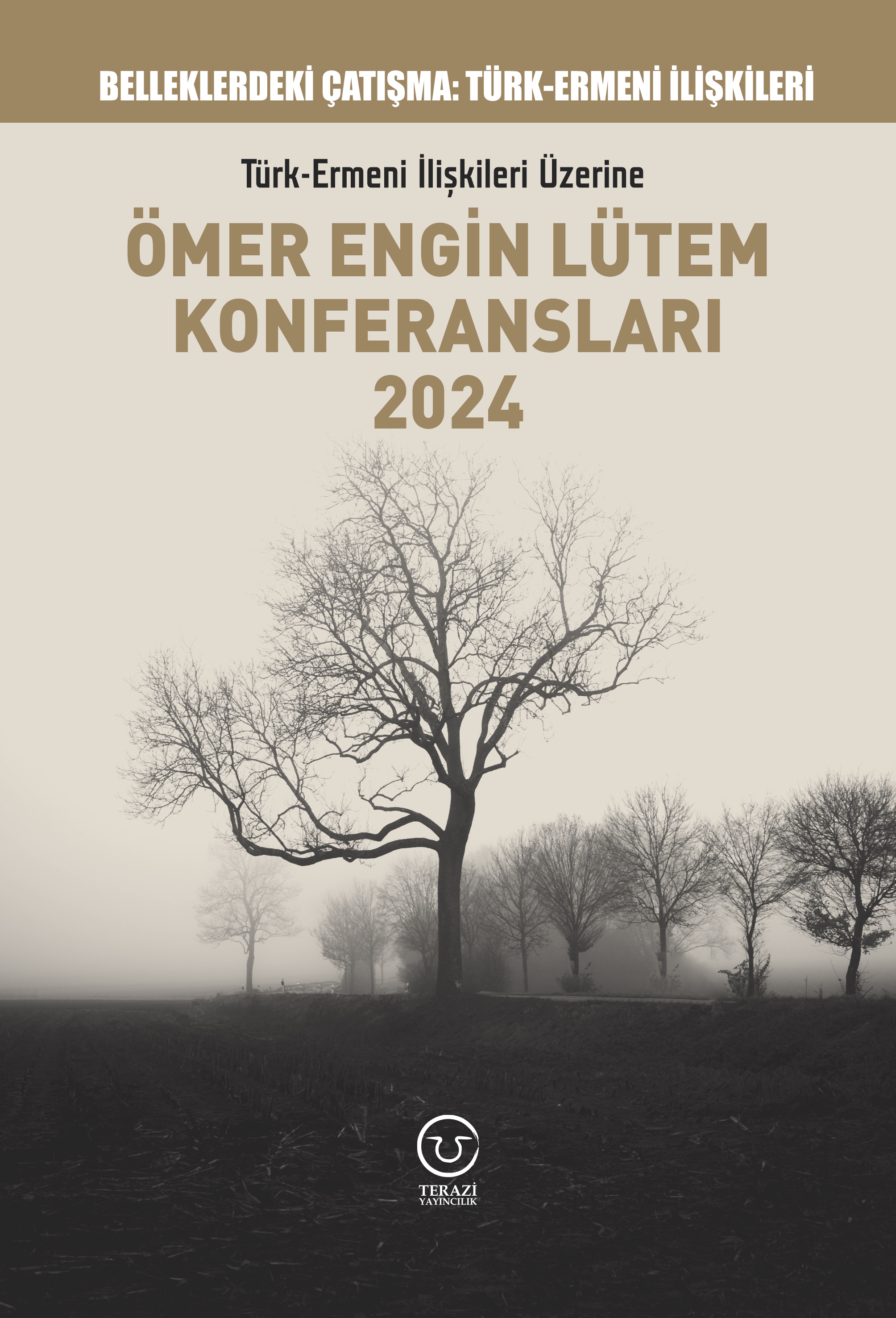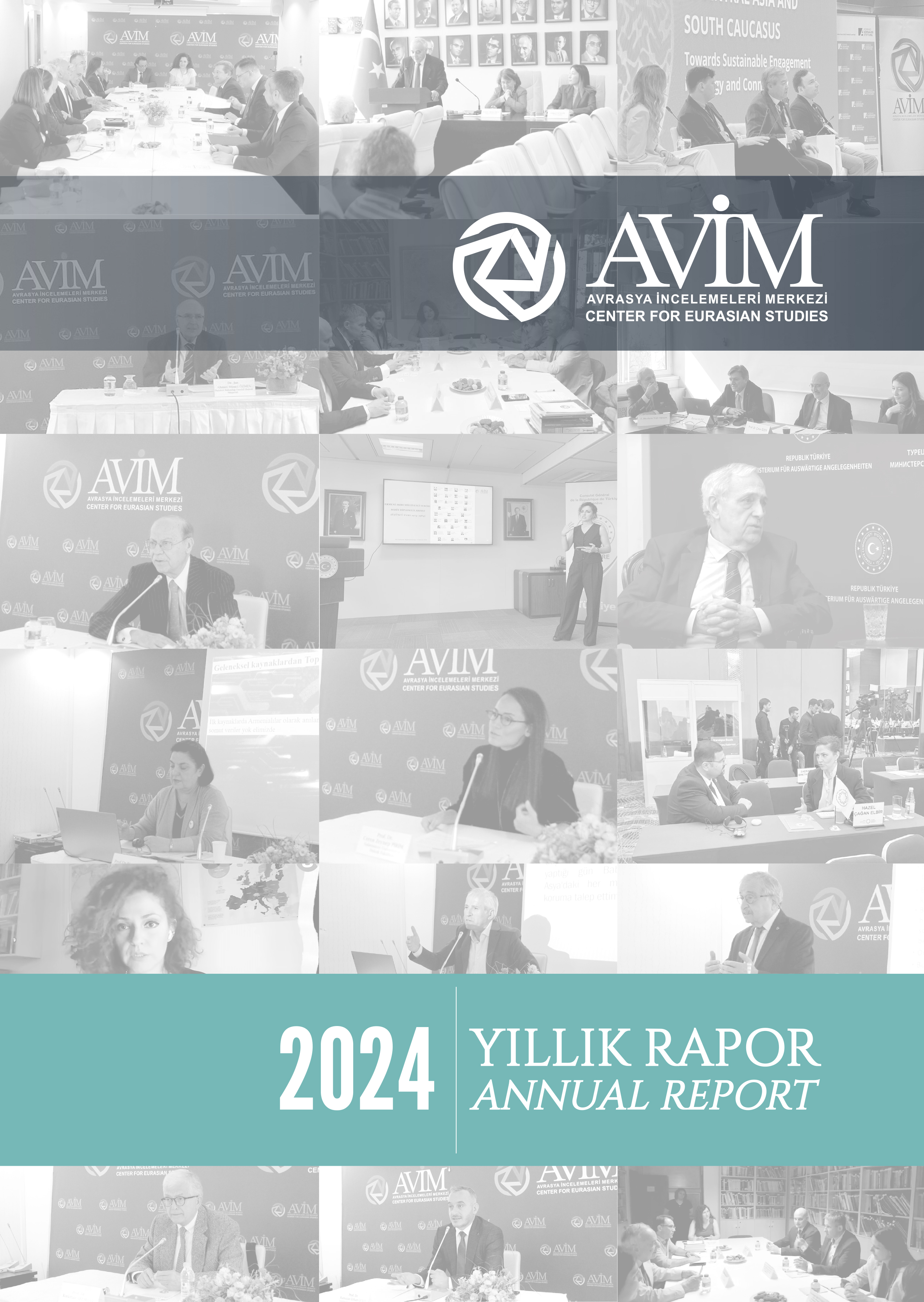This is the English translation of a Turkish language article that was originally published by AVİM on 3 April 2024. The translation was prepared by AVİM Trainee Öykü Vartürk.
The judgement of the British Supreme Court concerning the sending of applicants seeking asylum in the United Kingdom to Rwanda has been in the news for some time in recent weeks. According to the judgement, under the provisions of Articles 345A and 345D of the British legislation on asylum and immigration, which are in line with the Immigration Act of 1971, the Home Office may refuse to accept an asylum applicant's application if they are applying for asylum in the UK when they could have applied to a third country that is considered safe. Article 345B of the same law states that in order for a third country to be considered safe for asylum seekers, the existence of a non-refoulement principle in that country is essential. The principle of non-refoulement stipulates that an asylum-seeker may not be returned to a country where it is reasonably likely that his/her life or freedom would be at risk or subjected to inhuman treatment on account of his/her religion, language, race, or political group.[1]
In 2022, Rwanda and the British Government signed a memorandum of understanding in which the UK recognized Rwanda as a safe third country. After this decision, the UK's intention to transfer asylum seekers to Rwanda attracted attention due to the high number of applicants and general doubts about whether Rwanda is truly safe, and eventually the United Nations High Commissioner for Refugees (UNHCR) became involved. The decision, which was later taken to the court of appeal, was ruled not to be unlawful in general, but that there were legal difficulties in its application to individual asylum seekers. When this case was appealed again, the majority held that the policy was unlawful because there was a real risk that the applicability of the non-refoulement principle to Rwanda would be jeopardized. The EU regulation pertaining to this topic is another matter that warrants attention. As is known, the UK officially left the EU in the first month of 2020 (Brexit). However, in order to ensure legal security and legal stability throughout the country, some EU laws remained in force until 31 January 2020, which is when the Brexit process was officially completed. As regards to EU legislation, in order for an asylum seeker to be transferred to a safe third country, the asylum seeker must have a connection with that country. However, with the formal withdrawal of the UK from the EU, this provision is no longer applicable throughout the country. Although the relevant provision of EU legislation appears in the Supreme Court's assessment of the Rwanda policy, there is no decision based on this provision.[2]
Following the appeals judgement that there was a violation of the law, the Home Office appealed said judgement to the Supreme Court. The Supreme Court also analyzed the decision from two perspectives: The principle of non-refoulement in the particular case and the relevant provision of EU legislation, which was retained for the reasons mentioned. Ultimately, the Supreme Court found the Home Office’s action to be unlawful, citing Rwanda's lack of a good human rights record, restrictions on social media and the press, frequent rejections of asylum applications, disregard for the interests of asylum seekers on politically sensitive issues, and most importantly, Rwanda's decisions contravening the principle of non-refoulement. This was an important decision for many countries, including the UK, which have been troubled by the influx of asylum seekers.
Closely related to this issue, the President of the European (Union) Commission, Ursula von der Leyen, recently visited Egypt and expressed her intention to strengthen EU-Egypt relations by creating a strategic partnership for common action in some aspects such as energy, politics, economy, migration, and asylum. A similar partnership agreement has already been signed with Tunisia and Mauritania.[3] What is noteworthy here in the context of migration and asylum is whether Egypt and the EU countries can reach an agreement on the transfer of asylum seekers similar to the case of the UK and Rwanda. While analyzing the situation, it is useful to take a brief look at the relevant legislation of the EU; in general, if it is assessed that an applicant to any of the EU countries does not really need protection, s/he may be ordered to return to his/her country of origin or to a safe third country.[4]
Even while the Supreme Court had not yet delivered its judgement, it was indicated in reports in 2021 that the UK's policy and Denmark's similar plan were unlikely to be implemented under the then-current EU legislation. The issue of asylum seekers, which is also important for the European Parliament elections to be held in June 2024, has started to be interpreted in accordance with the political interests of European countries rather than the legal procedure. In a statement delivered a few weeks ago, von der Leyen stated that the concept of a safe third country, which has been much discussed recently, has been in the EU legislation for a long time.[5] The relevant legislation clearly states that EU member countries are not obliged to accept applications from asylum seekers if there are other countries that can provide international protection to the applicants. However, as already mentioned, the requirement that the applicant has a connection with the country to which s/he is to be sent continues to be valid for their transfer to a third country. In addition, in order to be considered safe, a third country must provide the necessary protection until a lasting solution is found, be capable of providing a life in line with basic living standards, and have a substantial level of competence in areas such as health and education.[6] It should be noted that the European Commission has the right to change the definition of a safe third country if it deems necessary.
As a result, von der Leyen, who is a candidate for the presidency in the upcoming European Commission elections, is openly presenting a change in the asylum seeker policy and the sending of applicants to third countries as a promise to the EU countries. It is worrying for von der Leyen and the EU countries hoping to follow the example of UK's compromise with Rwanda (which had already gone through a similar legal process), that the British Supreme Court has ruled that such an asylum seeker policy is unlawful, based on concerns that the applicants would face the risk of the non-refoulement principle not being applied. It is a well-known fact that with the increasing number of asylum seekers in the world, the number of applications have reached alarming levels for EU countries. This agreement with Egypt is, in fact, a gesture that von der Leyen has offered to the EU countries as a candidate for the presidency of the European Commission elections. When the case of the UK is analyzed, apart from the doubts about the legal applicability of the policy, the inappropriateness of von der Leyen's course of action will probably not go unnoticed.
[6] Migration and Asylum Pact, European Council.
© 2009-2025 Center for Eurasian Studies (AVİM) All Rights Reserved
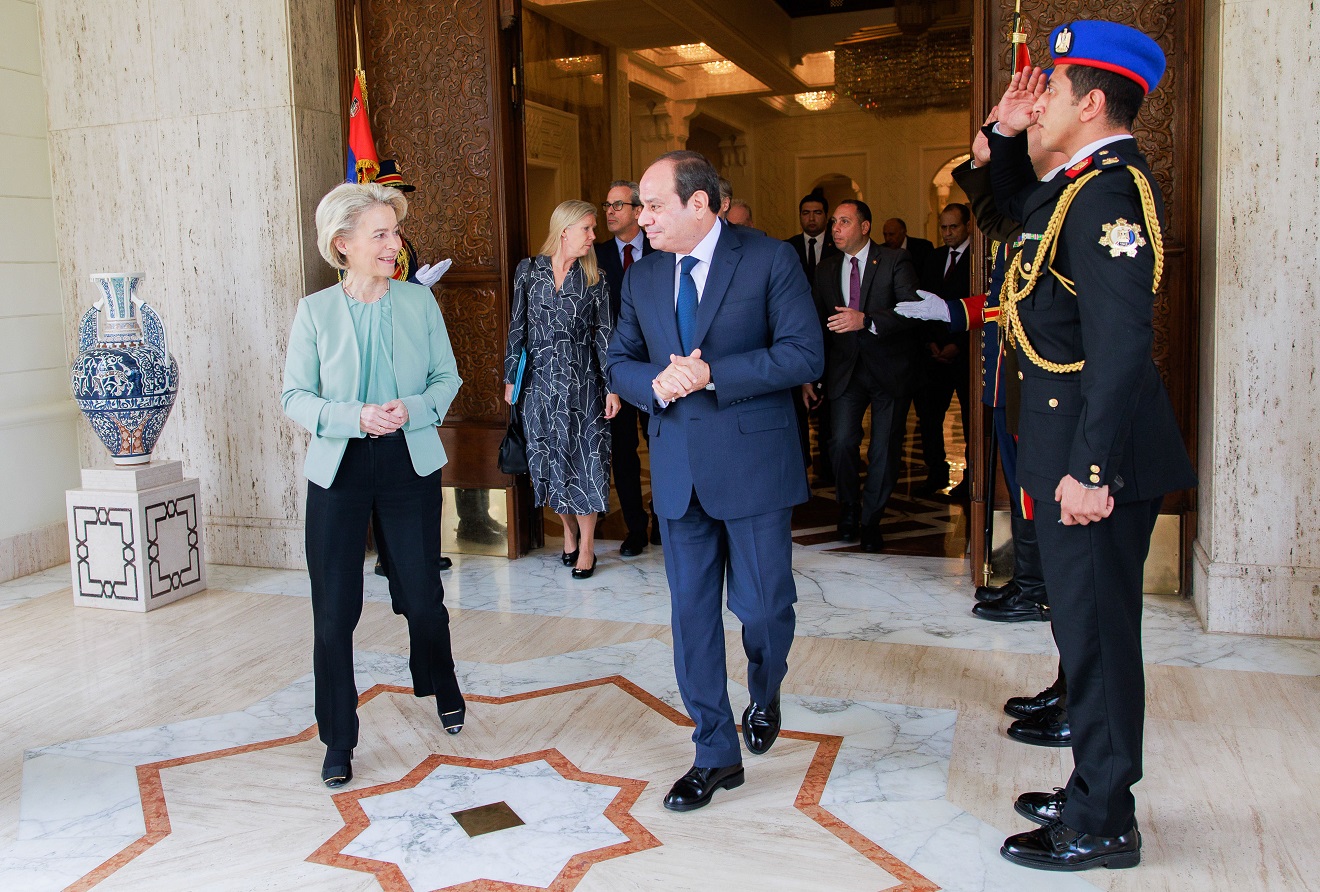
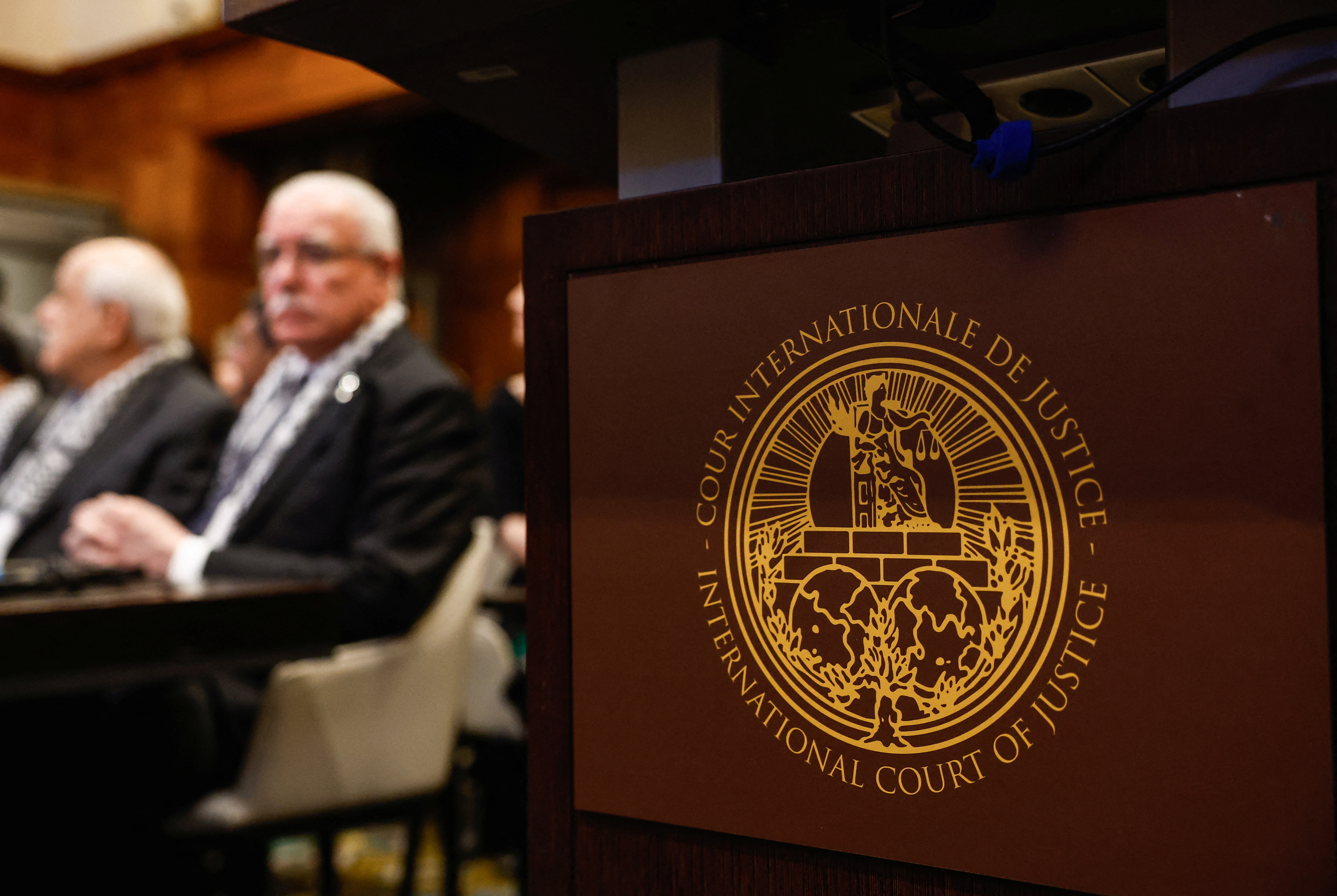 GERMANY'S CONTRADICTORY STANCE ON THE GAZA ISSUE
GERMANY'S CONTRADICTORY STANCE ON THE GAZA ISSUE
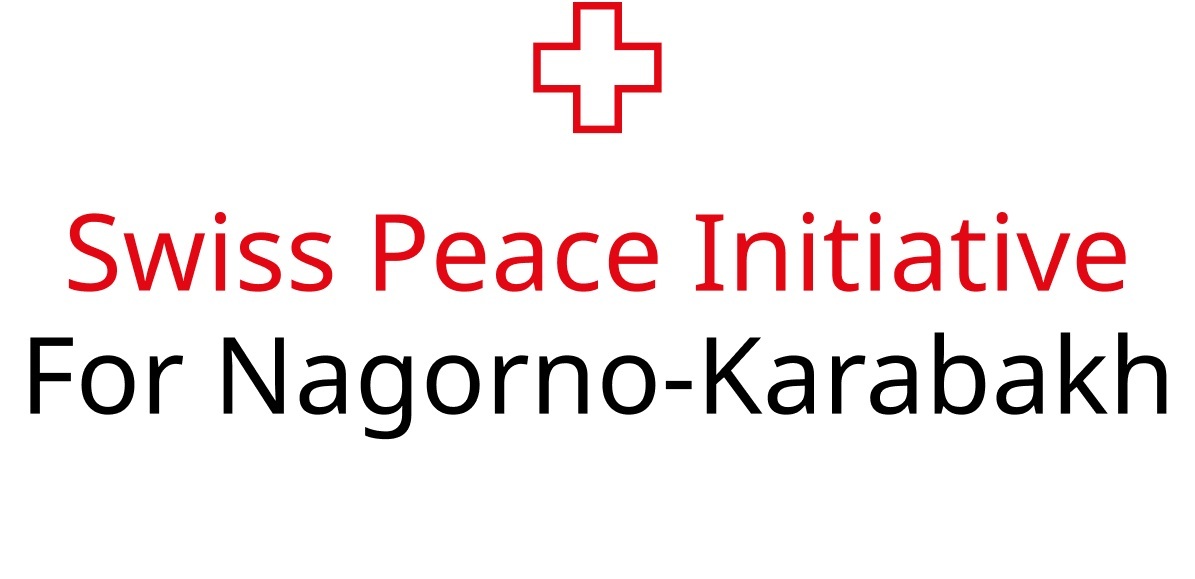 SWITZERLAND'S BIASED STANCE AND ITS HARMFUL EFFECTS ON PEACE EFFORTS
SWITZERLAND'S BIASED STANCE AND ITS HARMFUL EFFECTS ON PEACE EFFORTS
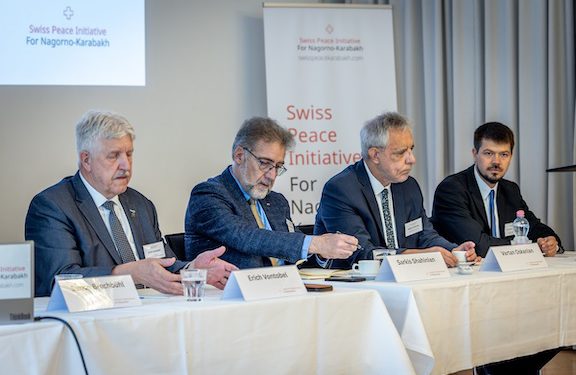 SWITZERLAND'S BIASED STANCE AND ITS HARMFUL EFFECTS ON PEACE EFFORTS - 2
SWITZERLAND'S BIASED STANCE AND ITS HARMFUL EFFECTS ON PEACE EFFORTS - 2
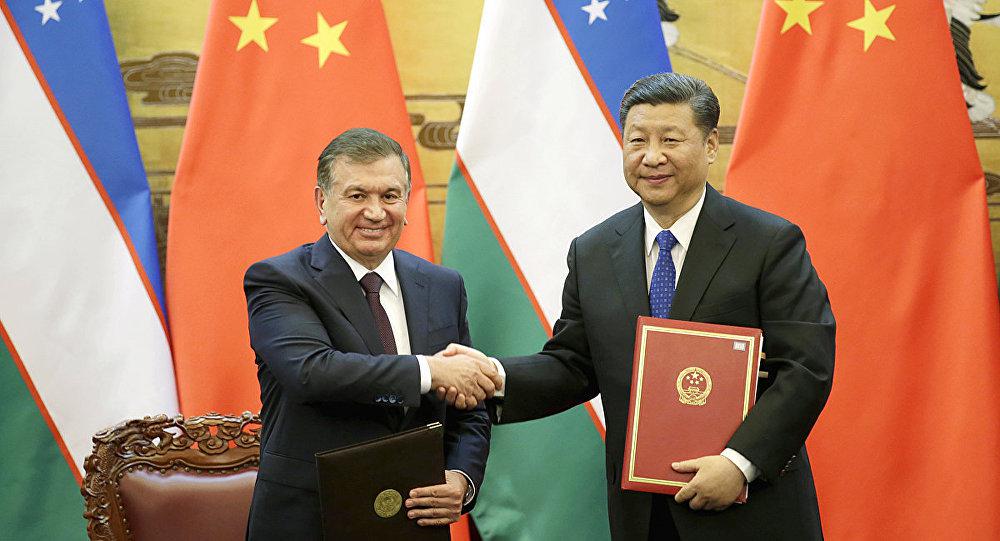 AN EVALUATION OF THE STRATEGIC AGREEMENT BETWEEN CHINA AND UZBEKISTAN
AN EVALUATION OF THE STRATEGIC AGREEMENT BETWEEN CHINA AND UZBEKISTAN
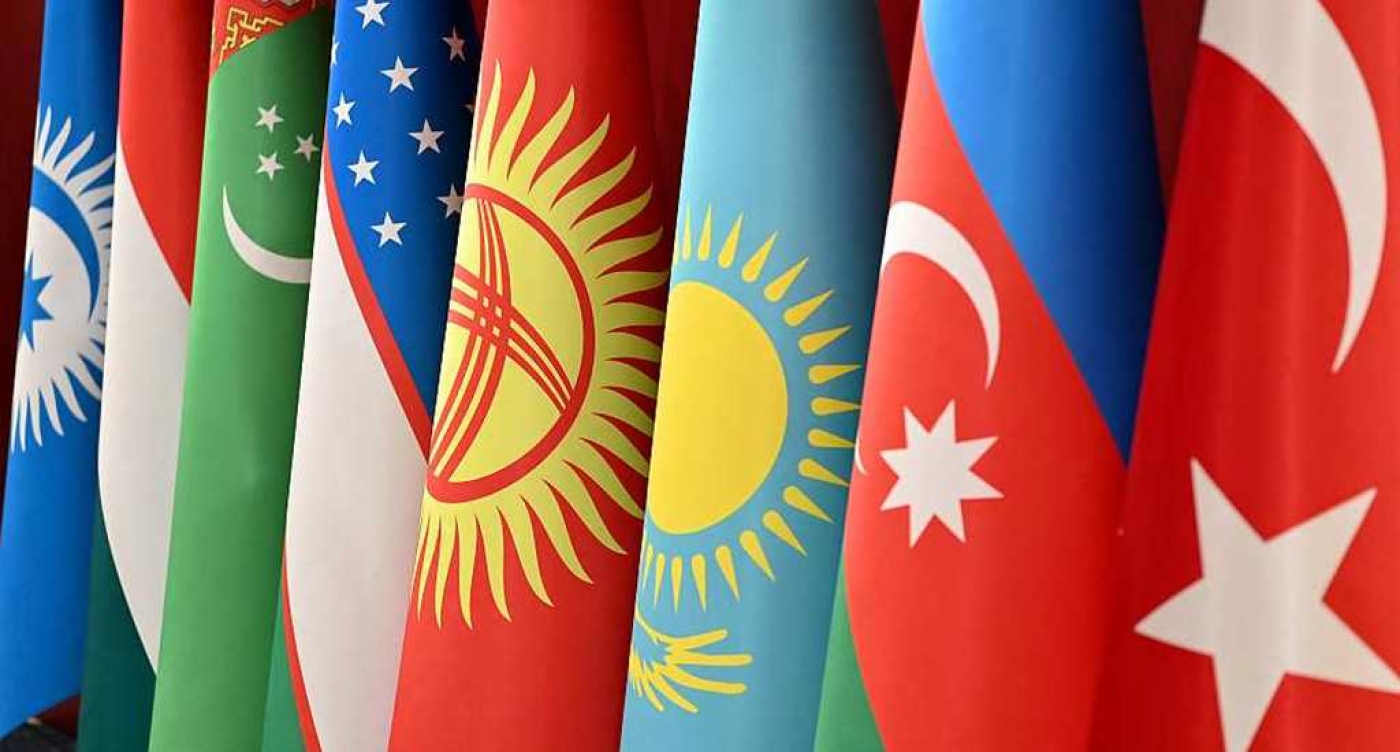 THE ORGANIZATION OF TURKIC STATES AND THE CLAIMS OF TURANISM AND PANTURKISM
THE ORGANIZATION OF TURKIC STATES AND THE CLAIMS OF TURANISM AND PANTURKISM
 THE IMPORTANCE OF 2015 FOR TURKEY AND THE MOVIE “WATER DIVINER” - Hande APAKAN
THE IMPORTANCE OF 2015 FOR TURKEY AND THE MOVIE “WATER DIVINER” - Hande APAKAN
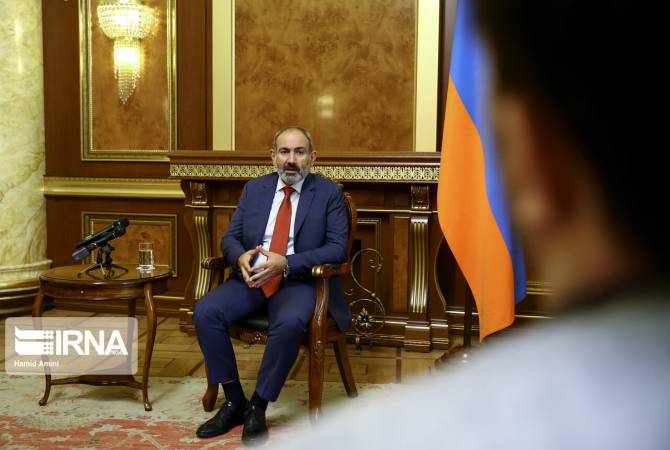 PASHINYAN AND MNATSAKANYAN’S DISCREPANCIES REGARDING RELATIONS WITH TURKEY
PASHINYAN AND MNATSAKANYAN’S DISCREPANCIES REGARDING RELATIONS WITH TURKEY
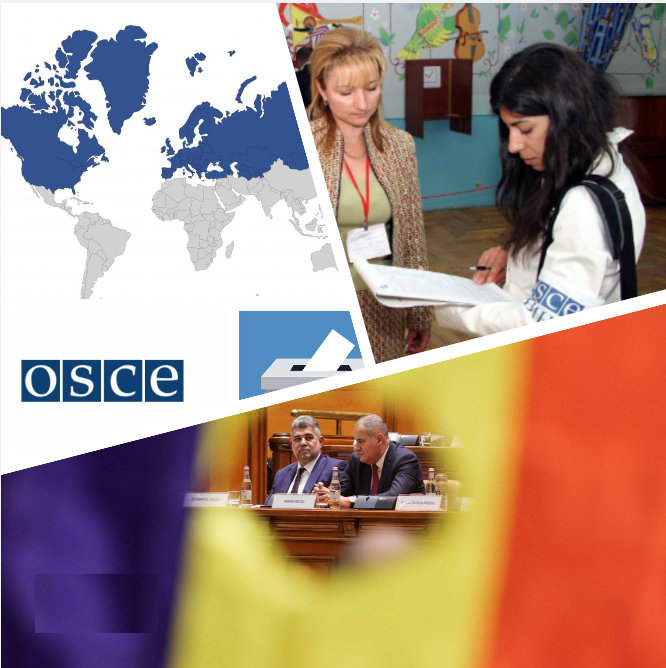 BEYOND DOUBLE STANDARDS IN THE BALKANS: REBUILDING TRUST IN OSCE ELECTION MONITORING
BEYOND DOUBLE STANDARDS IN THE BALKANS: REBUILDING TRUST IN OSCE ELECTION MONITORING
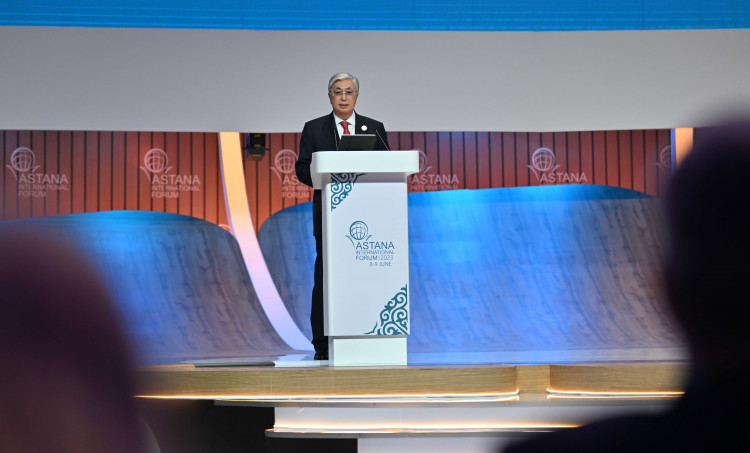 DISPLAYING THE ‘NEW KAZAKHSTAN’ IN THE GLOBAL POLITICAL SYSTEM: THE ASTANA INTERNATIONAL FORUM
DISPLAYING THE ‘NEW KAZAKHSTAN’ IN THE GLOBAL POLITICAL SYSTEM: THE ASTANA INTERNATIONAL FORUM
 THE NSU CASE IS FAR FROM CONSTITUTING A BEGINNING OF A RESOLUTION REGARDING THE XENOPHOBIA IN EUROPE
THE NSU CASE IS FAR FROM CONSTITUTING A BEGINNING OF A RESOLUTION REGARDING THE XENOPHOBIA IN EUROPE
